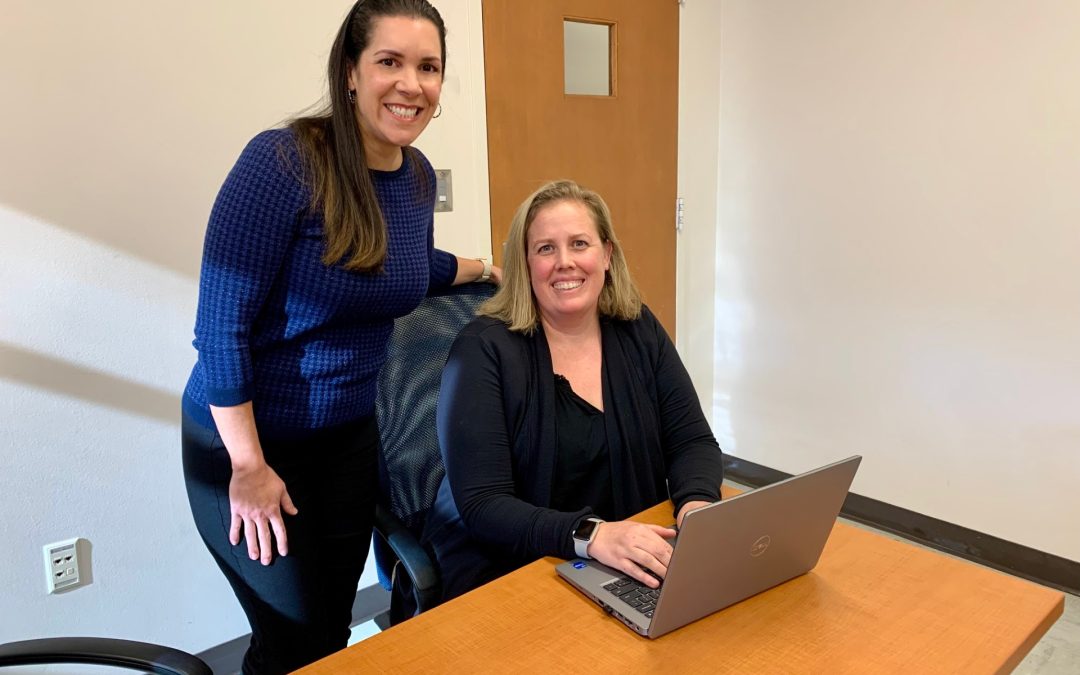Dr. Melinda Weathers, health communication professor, received the Provost’s Scholarship Development Award on November 17 at the Western Carolina University Provost Office.
Weather’s research addressed Assessing College Students’ Perceptions of Digital Dating Abuse and Associated Correlates.
“My research program on digital dating abuse has developed from my interests in health communication, interpersonal relationships, and new communication technologies,” said Weathers. “My recent work aims to better understand college student’s perceptions of digital dating abuse. Such research is critical to understand given that experiences with and perceptions of digital dating abuse are linked and provide an important point of public health prevention and intervention with adolescents and young adults.”
Weathers has experience working in interdisciplinary grant teams and research studies from the ground up. She has worked with creating protocols and recruitment, data collection, and IRB submission and management of externally funded projects. As well as research experience in various health-related contexts.
This topic was important to Weathers because of the increased use of technology in the dating scene.
“Digital dating abuse (DDA) is an emerging form of dating violence in the United States. DDA involves the implicit and explicit use of technology to control, demean, threaten, or stalk another person in the context of a dating relationship and is thought to have serious health effects on young people. Research suggests that almost half of all adolescents and almost 70% of college students in the United States report being victims of this type of abuse (Reed et al., 2016)” according to Weathers’ research.
Receiving the Provost’s Scholarship Development Award will allow Weathers’ to continue answering questions about DDA.
“Understanding which specific acts are perceived to be most and least abusive is critical for public health prevention efforts,” said Weathers. “For example, if college students believe some abusive acts are not abusive, public health approaches may need to focus more heavily on education and shifting norms about these behaviors.”
This project is important for social impacts because there has been no comprehensive exploration of college students’ perceptions of DDA behaviors.
“Based on the findings from this study, we anticipate submitting the quantitative results for presentation at the biannual meeting of the Society for Research in Adolescence and submitting the qualitative results for presentation at the annual meeting of the National Communication Association,” said Weathers. “We will also submit the resulting manuscripts to scholarly peer-reviewed journal outlets for publication. Possible outlets may include but are not limited to: Women’s Studies in Communication, Journal of Interpersonal Violence, Violence Against Women, or Journal of Youth and Adolescence.”
One of the goals of the research findings is to launch an impactful awareness campaign on the WCU’s campus. As well as implementing the issues of DDA into COMM 325: Health Communication, highlighting the notion that classroom knowledge can become applicable in the real world.

